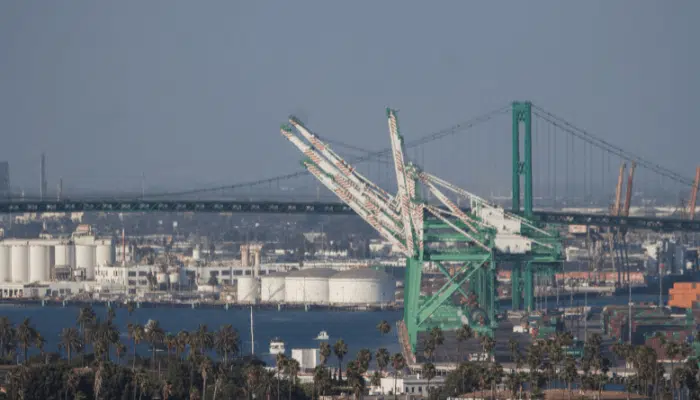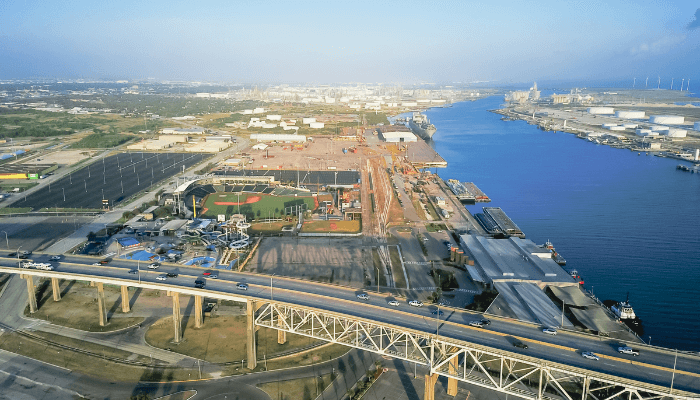
The Future of Storage Terminals
The Future of Storage Terminals
As global supply chains evolve, storage terminals are at the forefront of innovation, adapting to meet changing demands in logistics and sustainability. The future of storage terminals is being shaped by technology, environmental concerns, and a need for greater efficiency. Here’s what lies ahead:
1. Digital Advancements
Storage terminals are embracing cutting-edge technologies like artificial intelligence (AI), the Internet of Things (IoT), and automation. These tools enhance operational efficiency, enable real-time inventory management, and provide predictive maintenance to minimize downtime.
2. Focus on Sustainability
With a global shift towards green energy and eco-friendly practices, storage terminals are integrating renewable energy sources, adopting energy-efficient systems, and preparing to handle alternative fuels like hydrogen and biofuels.
3. Enhanced Safety Standards
The future of storage terminals prioritizes safety with advanced monitoring systems, automated inspections, and stringent compliance protocols, ensuring secure storage for hazardous and sensitive goods.
4. Adaptability to Market Demands
As industries diversify, storage terminals are providing flexible solutions, including modular storage units and customized environments tailored for a variety of products such as chemicals, pharmaceuticals, and petroleum products.
5. Integrated Supply Chain Connectivity
Future-ready terminals will operate as hubs within multi-modal logistics networks, seamlessly connecting road, rail, sea, and air transport for faster, more reliable supply chains.

The future of storage terminals is driven by innovation and sustainability, ensuring they remain essential to the global logistics infrastructure. Companies investing in these advancements are set to lead the way in providing efficient and eco-conscious storage solutions.



